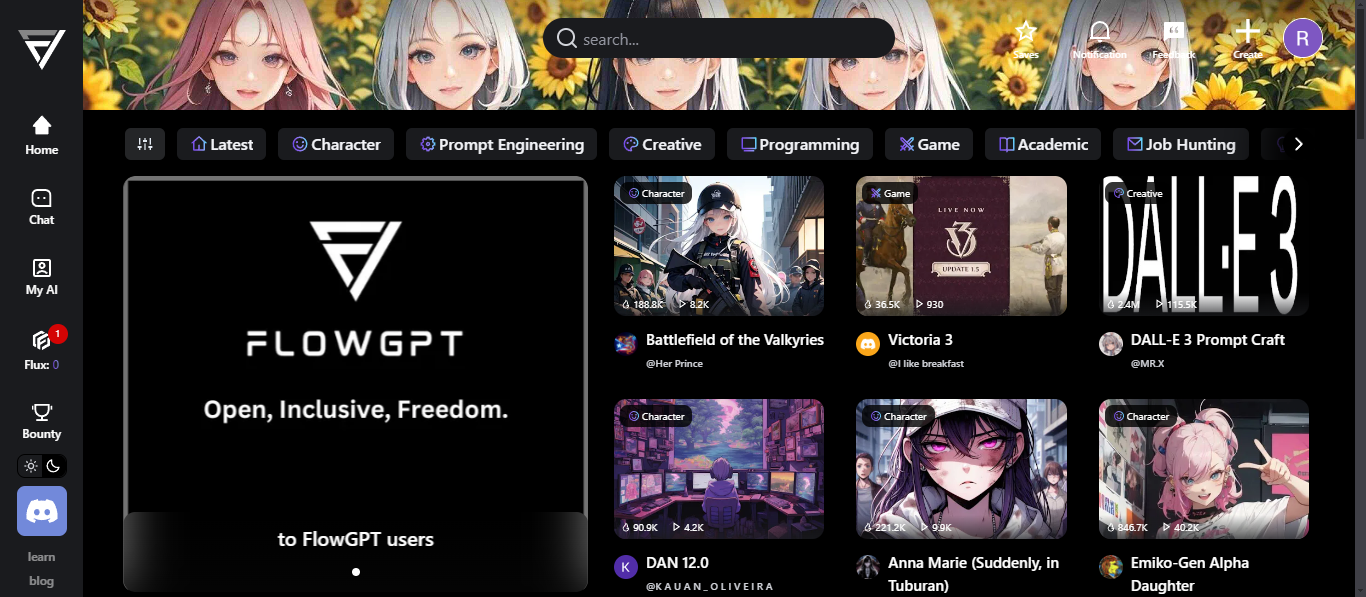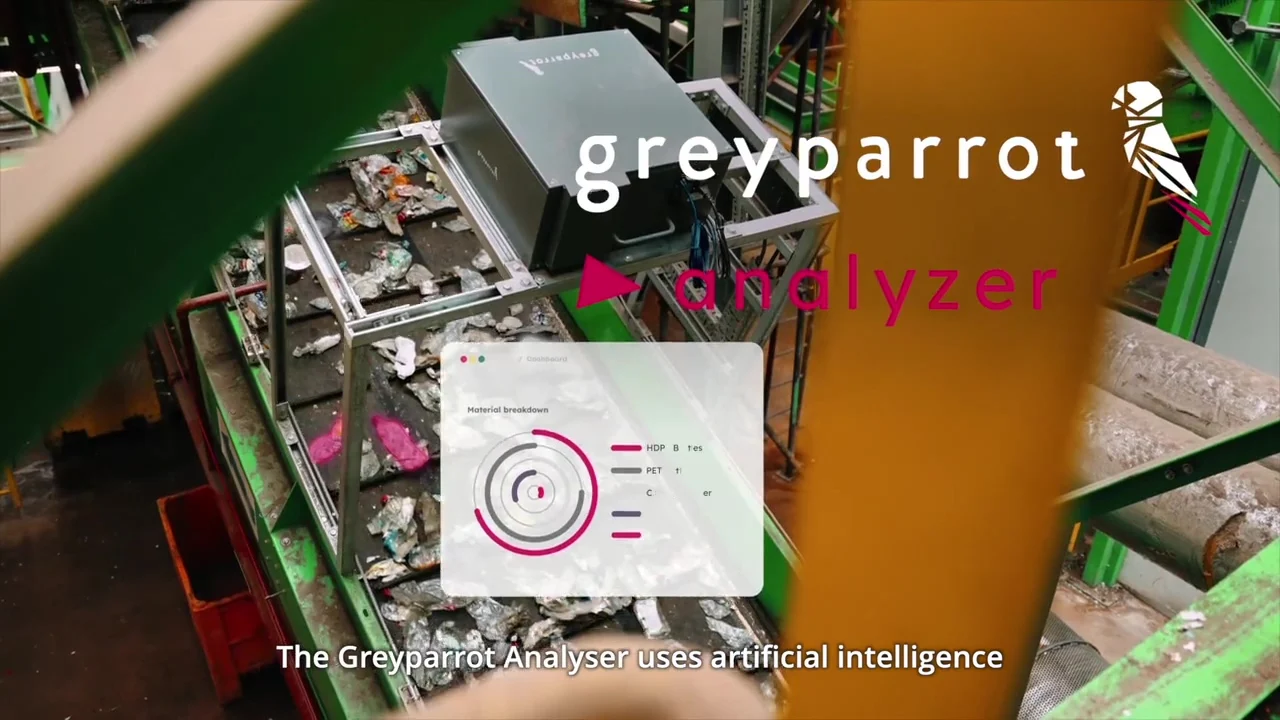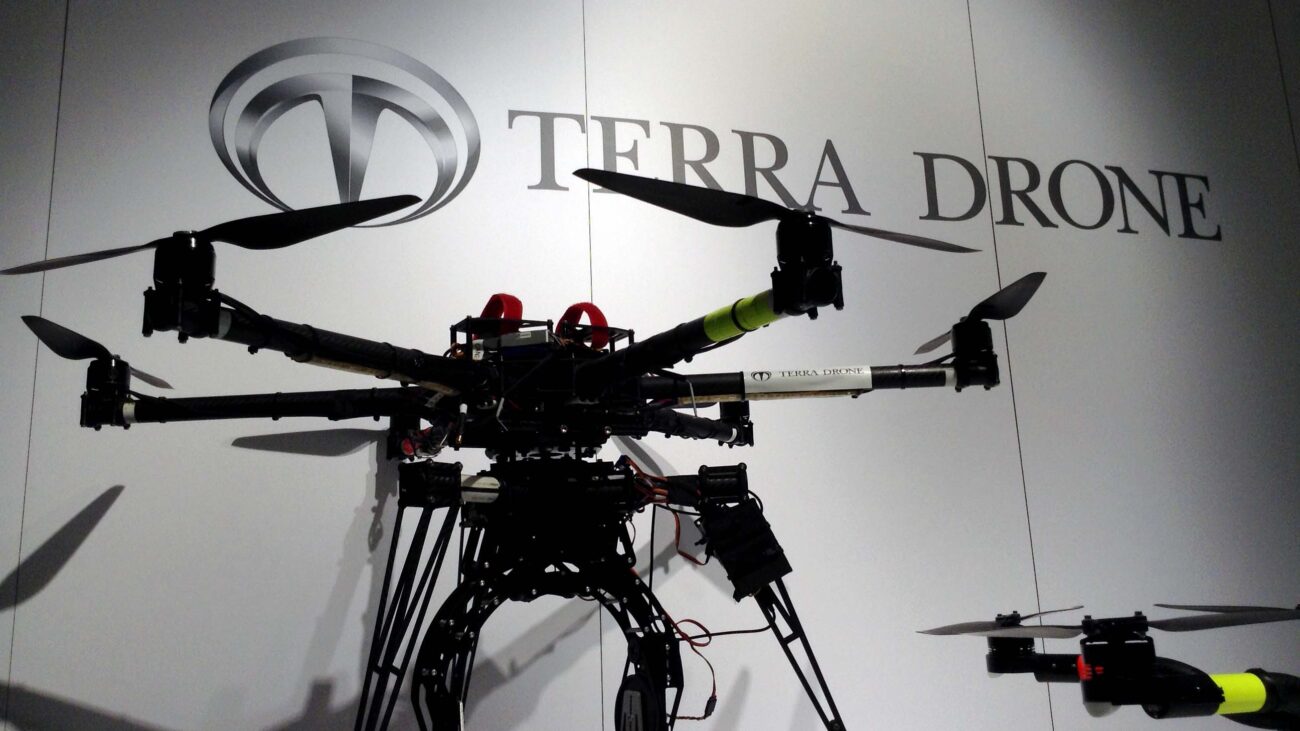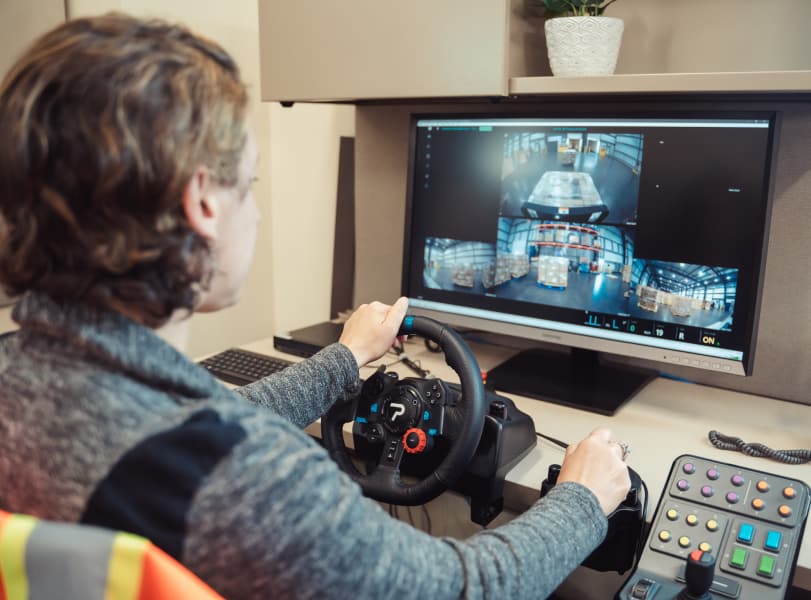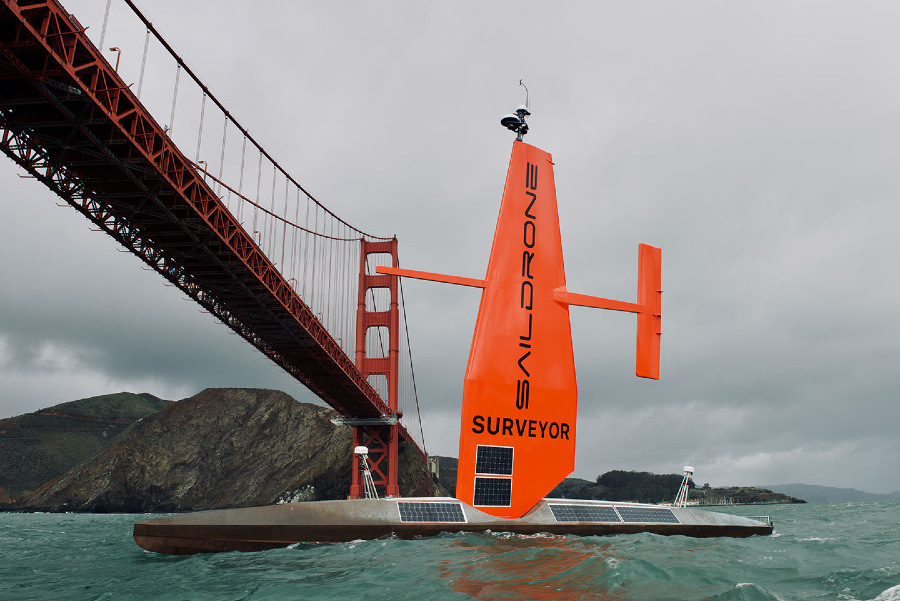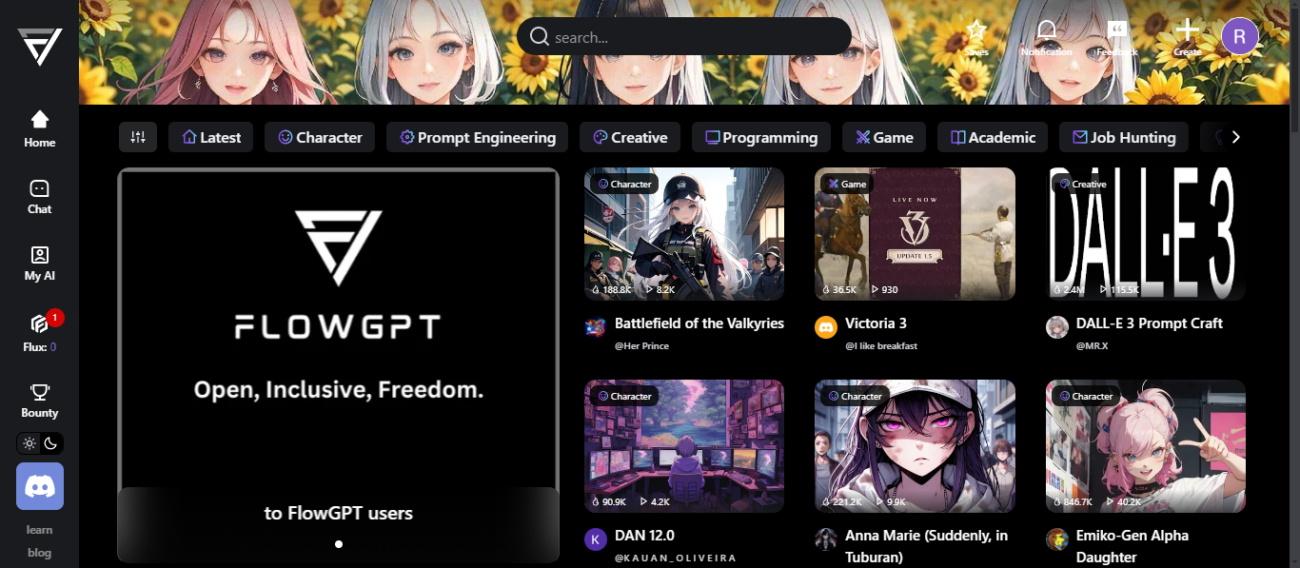Terra Drone’s Investment in Aloft Technologies Marks Entry into U.S. Market and Accelerates Global UTM Development
Terra Drone Corporation, a leading Japanese provider of drone and Advanced Air Mobility (AAM) technology, has recently invested in Aloft Technologies, a U.S. company specializing in UTM development and a leader in drone fleet and airspace management. This investment has made Terra Drone the largest shareholder in Aloft, with Aloft now an affiliate company of Terra Drone. Additionally, Yuki Ueno, Terra Drone’s executive officer responsible for domestic and international Unmanned Aerial System Traffic Management (UTM) business, has joined the board of directors at Aloft.
